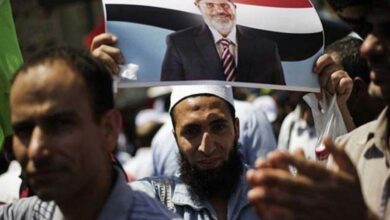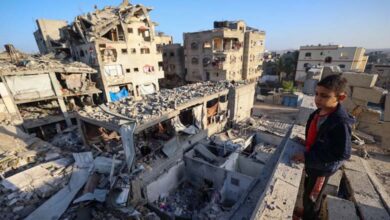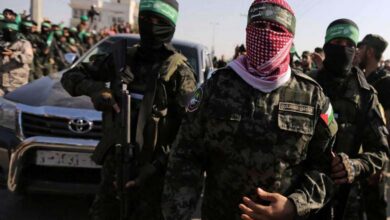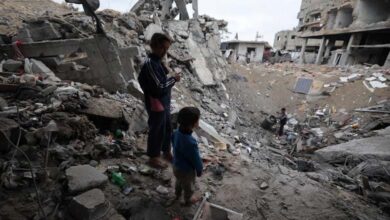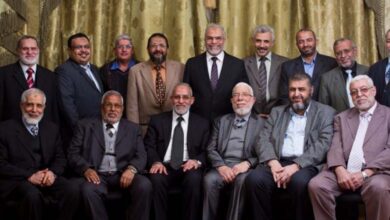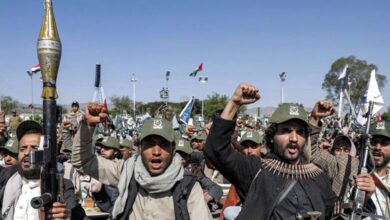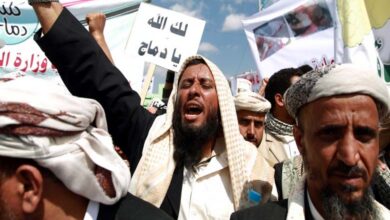Divisions persist in Lebanon: would it end with the formation of a new government?
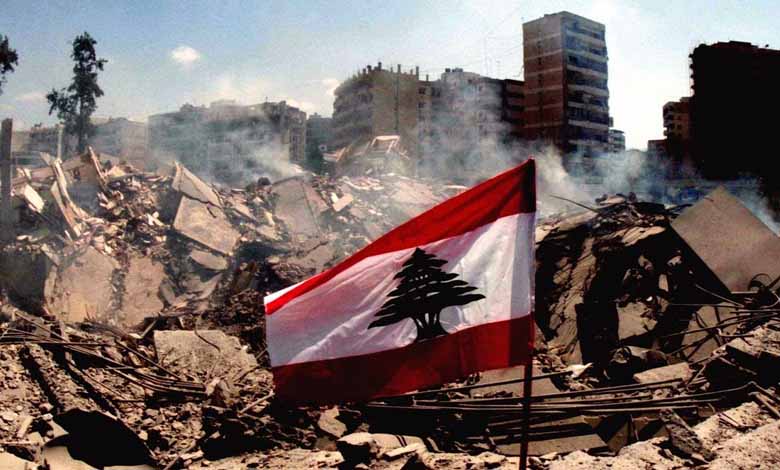
Lebanon is facing a power vacuum after the expiration of former president Michel Aoun’s term on 31 October, amid major unrest suggesting the crisis will not be resolved soon, with a caretaker government unable to serve as vice president, a growing rift between the Iran-backed Hezbollah group and its Christian ally the Free Patriotic Movement threatens to further paralyze the laborious process of electing a new president.
Disagreements and divisions among parties
The National, an international magazine, reported that the previously harmonious marriage of convenience between Hezbollah and the FPM has become fragile, hampering agreement on a presidential candidate for the camp, and the two have been engaged in a mutually beneficial relationship since 2006, when a memorandum called the Mar Mikhael Agreement was signed between the two groups. “The coalition helped Michel Aoun reach the long-awaited presidency in 2016, in exchange for the FPM’s support for Hezbollah following the 2006 war with Israel, ushering in an enduring era of highly polarized politics that has evolved to this day, with an Iran-backed bloc led by Hezbollah and a Sunni bloc backed by the Arab world.”
The ideological divide between the blocs makes it difficult to reach a two-thirds majority agreement on a presidential candidate without internal agreements between political parties, the magazine said.
Secrets of Disagreement
Sami Atallah, director of the research center The Policy Initiative, emphasized that Hezbollah and the FPM are symbiotic, they need each other in some way. They are stuck with each other but they are unable to find a way forward. The relationship became distinctly unbalanced when Gebran Bassil – the current leader of the FPM and Aoun’s son-in-law – refused to support Hezbollah’s preferred presidential candidate and instead offered a number of criticisms to his allies, making no secret that Bassil had been eyeing the presidency for six years, a senior adviser and a shadow of then president Michel Aoun”.
Dissatisfaction with both sides has escalated as Hezbollah continues to reject Bassil’s presidential ambitions and instead leans toward former MP Suleiman Frangieh – another ally and leader of the smaller Marada Movement – or Army General Joseph Aoun. Both are believed to be consensus potential candidates that rival political parties could compromise on, both of which were flatly rejected by Bassil, and in Lebanon.
Hezbollah’s Plots Fail
According to The National, agreeing on candidates is often a negotiation where a political settlement is necessary between allies, and in the absence of an officially announced candidate, Hezbollah and its allies have resorted to the strategy of providing blank ballots, which until last week consistently outnumbered the official candidate backed by the Lebanese Forces, Michel Moawad. But in the ninth presidential session last Thursday, some members of the Free Patriotic Movement veered from their voting strategy in Bayad, sending a clear threat to Hezbollah of noncompliance.
Since the end of his father-in-law’s tenure, Bassil has tried to garner support from domestic and international backers in recent weeks – and largely failed to get around Hezbollah’s decision. When it came to Aoun, Hezbollah felt they owed it support in return for the FPM’s support during the 2006 war with Israel, but that is not the case for Gebran Bassil, who was not beloved by the Hezbollah leadership or rank,” said Karim Bitar, director of the Institute of Political Science at St. Joseph University in Beirut.
Sami Atallah of the Policy Institute explained that the FPM has isolated itself from the majority of political leaders in Lebanon, saying that “the FPM does not have many allies who are willing to raise Bassil to the presidency” and they have many enemies, “Bassil is largely unelectable and I think Hezbollah realizes that, all it can do is try to nominate a candidate that suits him”.


